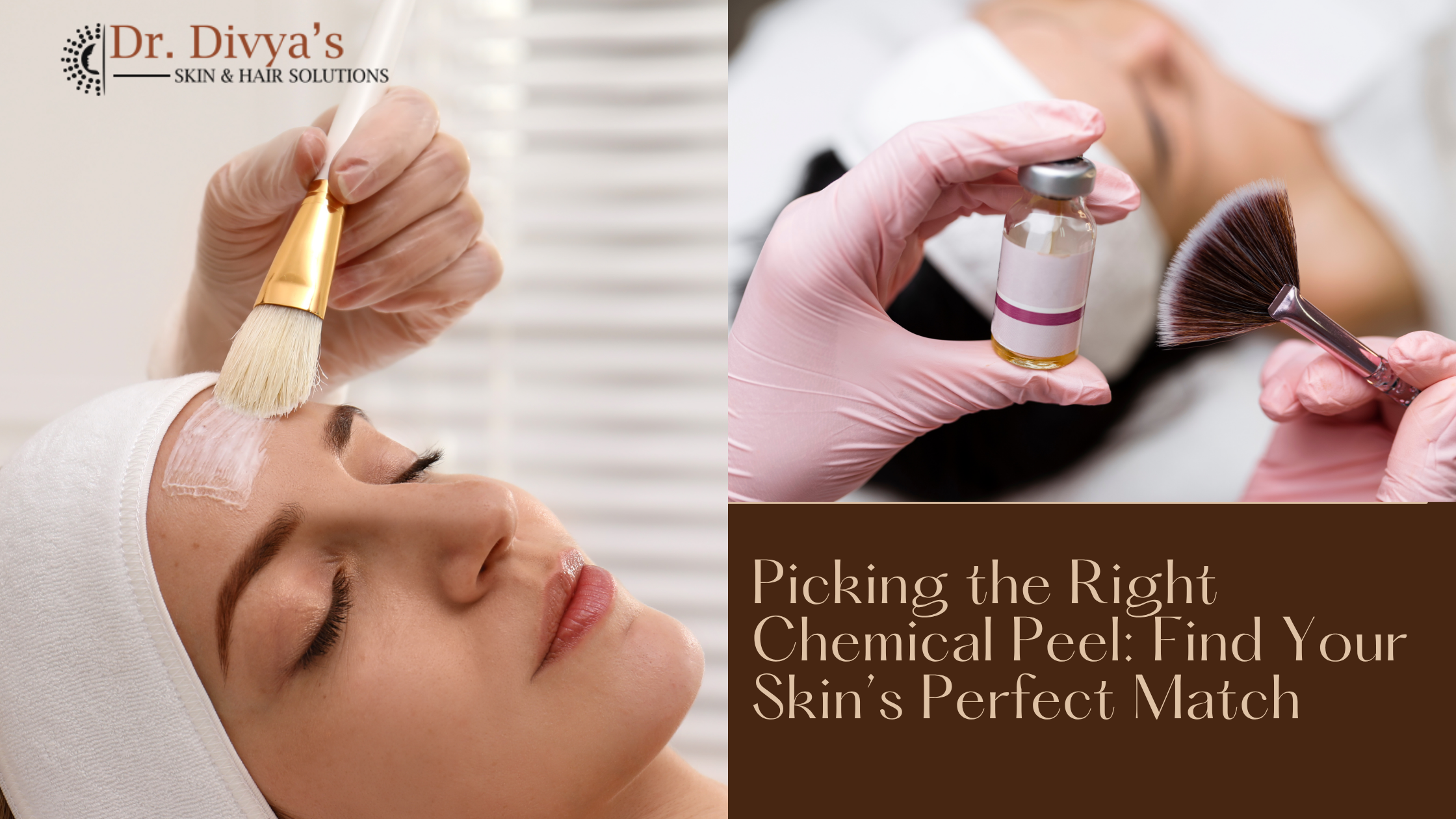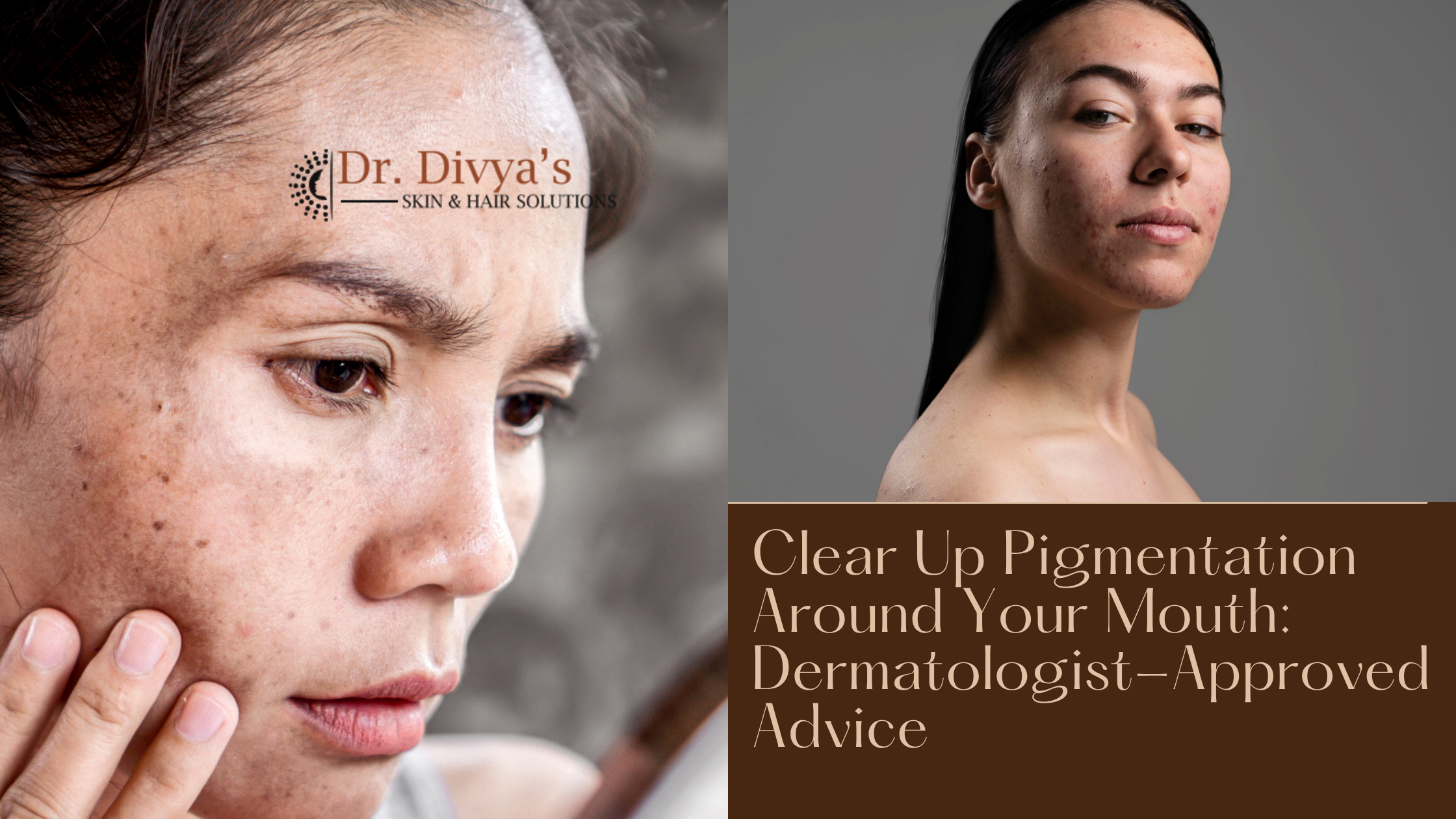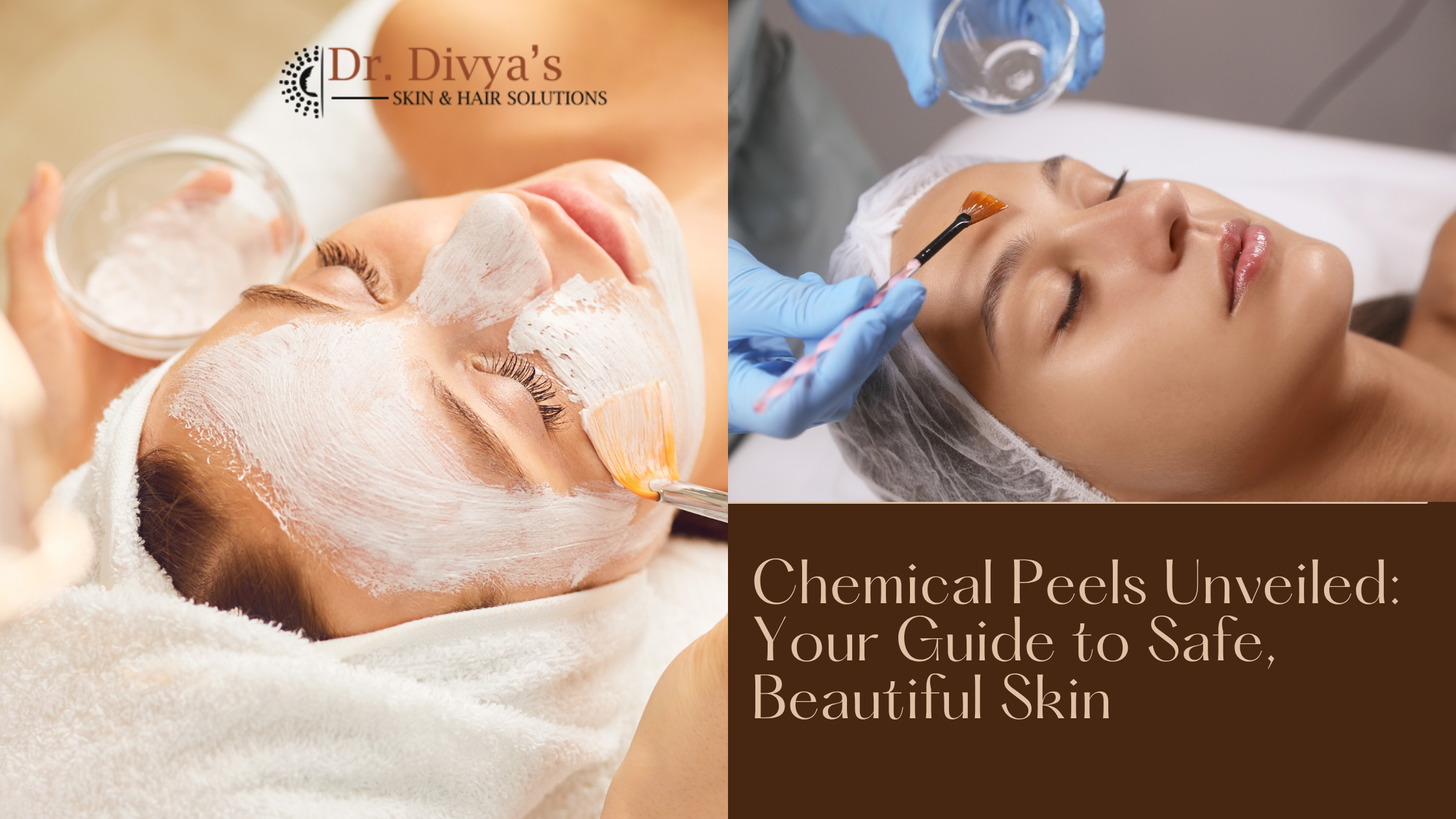Posted date on Mar 28, 2023
Summer is a season of fun, sun, and long-awaited vacations. However, with all the enjoyable aspects of summer, it also brings some skin problems that can put a damper on your fun. As the temperature rises, so does the likelihood of experiencing skin issues that can range from mild irritation to serious conditions.
Skin problems such as sunburn, heat rash, acne breakouts, and dryness are common during the summer months. In this blog, we will delve into some of the most common skin problems that occur during summer and provide you with tips and tricks on how to prevent and manage them.
1. Sunburns
One of the most common summer skin problems is sunburn. Sunburn is a type of skin damage that occurs when the skin is exposed to too much ultraviolet (UV) radiation from the Sun. UV radiation causes the skin to become inflamed-red, swollen, and painful to the touch. Sunburns can range from mild to severe and can cause long-term damage to the skin, including premature ageing and an increased risk of skin cancer.
The severity of sunburn depends on factors such as the amount of time spent in the sun, the strength of the UV radiation, and the person's skin type. Symptoms of sunburn such as redness, swelling, pain, blisters, and peeling skin usually appear several hours after exposure and can last for several days.
To prevent sunburn, apply a broad-spectrum sunscreen with at least SPF 30 before stepping outside. Wear protective clothing, such as a hat and sunglasses, and avoid being outside during peak hours of the day when the sun is strongest.
2. Sunspots
Sun spots, also known as solar lentigines or liver spots, are small, dark spots that appear on the skin due to overexposure to the sun's ultraviolet (UV) rays. They are typically flat and can range in colour from light brown to dark brown or black. Sunspots most commonly appear on areas of the skin that are exposed to the sun, such as the face, hands, arms, and shoulders.
Sunspots are more common in people with fair skin and tend to become more prominent with age. While sun spots are usually harmless, it is important to monitor them for any changes in size, shape, or colour, as this can be a sign of skin cancer. To prevent sun spots, wear protective clothing, and apply sunscreen regularly.
3. Prickly Heat or Heat Rash
Prickly heat, also known as heat rash or miliaria rubra, is a common skin condition that occurs in hot and humid weather conditions. It is caused by ??blocked eccrine sweat glands and ducts. The blockage can lead to backflow of eccrine sweat into the dermis or epidermis. This can result in a rash which is composed of sweat-filled vesicles under the skin- leading to inflammation and small, itchy bumps on the skin. Prickly heat can occur in anyone, but it is more common in infants and young children.
The rash typically appears on areas of the body that are covered by clothing, such as the back, chest, neck, and thighs. To prevent prickly heat, it is important to stay cool and dry in summer. Wearing loose-fitting clothing made from breathable fabrics such as cotton, staying in air-conditioned environments, taking cool showers, and avoiding activities that cause excessive sweating.
You may find many over-the-counter creams and ointments to relieve itching and reduce inflammation. Consult a dermatologist if the itching and rash continue to prevent infection.
4. Acne
Heat and humidity can exacerbate acne. To prevent acne, keep your face clean, and wash it twice a day with a gentle cleanser to remove excess oil, dirt, and sweat from the skin. Avoid touching your face. Touching your face can transfer bacteria and oil from your hands to your skin, which can contribute to acne. Use skincare and cosmetic products that are labelled as "non-comedogenic," which means they won’t trigger inflammation. Don't pick or squeeze pimples. Picking or squeezing pimples can worsen inflammation and lead to scarring.
It's important to note that some cases of acne may require medical treatment from a dermatologist, so if you are experiencing severe or persistent acne, it's a good idea to consult a dermatologist.
5. Dry Skin
The sun and heat can dry out your skin. Dry skin in the summer can occur due to a variety of factors, such as excessive sun exposure, hot showers, and not drinking enough water. While the sun can be beneficial for the skin, excessive exposure can cause dryness, especially if you don't use sunscreen or protective clothing. Hot showers in summer can strip the skin of its natural oils, leading to dryness. And not drinking enough water leads to dehydration, which can cause the skin to become dry and flaky.
To prevent dry skin, stay hydrated by drinking plenty of water and moisturise your skin regularly with a light, oil-free moisturiser.
6. Oily sticky skin
Oily, sticky skin can be particularly troublesome in the summer months due to increased humidity, heat, and sweat. In the summer, hot temperatures can cause the body to produce more sweat, which can lead to oily, sticky skin. To prevent this, take regular showers and use a gentle cleanser to remove excess oil and sweat from the skin.
Also, it's important to wear sunscreen during the summer to protect your skin, but some sunscreens can feel heavy and greasy on the skin, leading to oily, sticky skin. To prevent this, choose a lightweight, oil-free sunscreen and apply it regularly throughout the day. Stay hydrated, as dehydration can lead to an increase in oil production and oily, sticky skin. Drink plenty of water and avoid sugary drinks and alcohol, which can dehydrate the body.
7. Body odour
Body odour in summer is a common problem, bacterial decomposition of naturally secreted constituents of sweat like fatty acids, branched-chain aliphatic amino acids, glycerol and lactic acid which originate from eccrine, apocrine, and sebaceous glands lead to bad odour.
To prevent this, wear breathable clothing made from natural fabrics such as cotton and avoid tight-fitting clothing. Take regular showers and use an antibacterial soap to cleanse the skin and maintain good hygiene practices.
Whether you plan to spend your summer by the beach or simply enjoy the outdoors, it's essential to be equipped with knowledge about how to protect your skin from the summer sun and heat.





